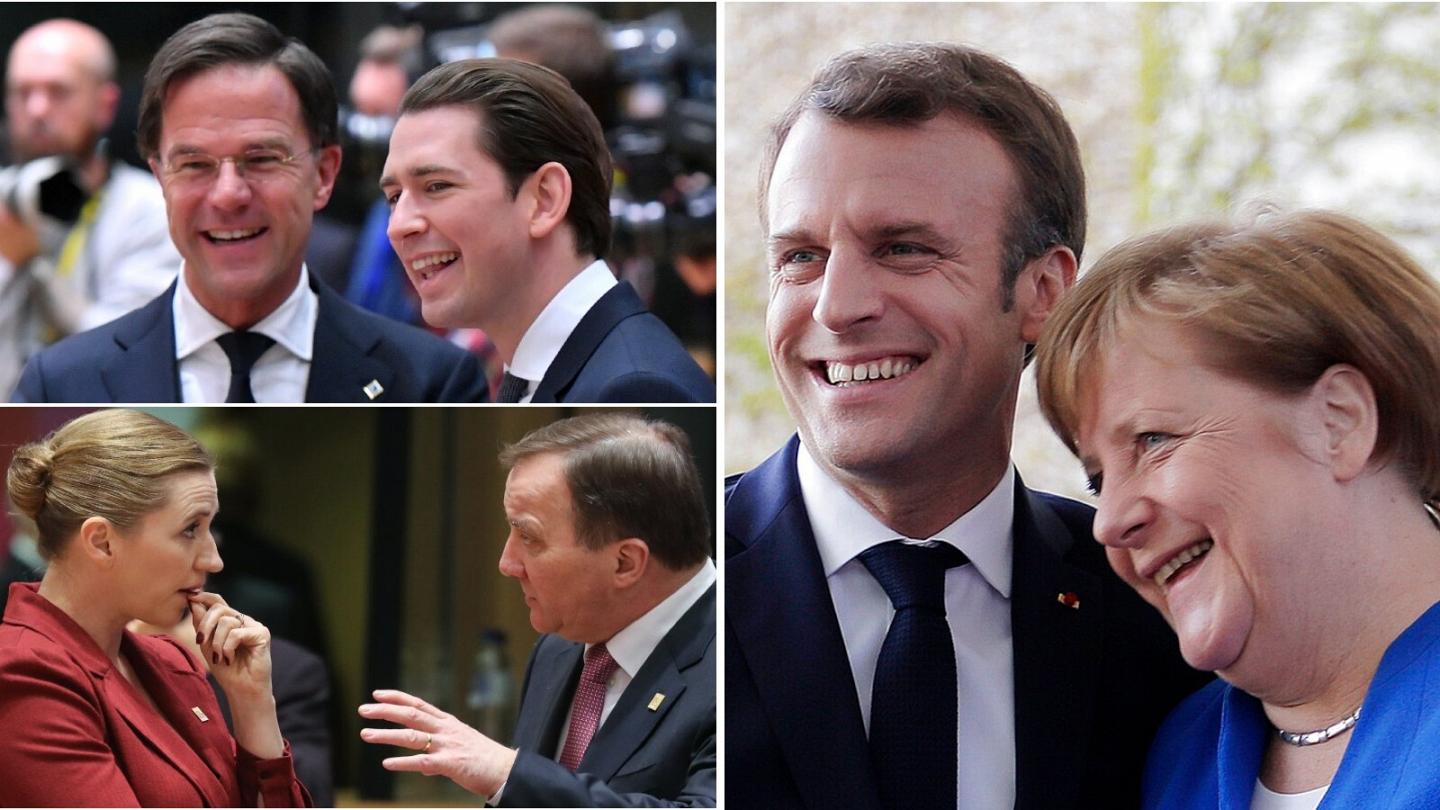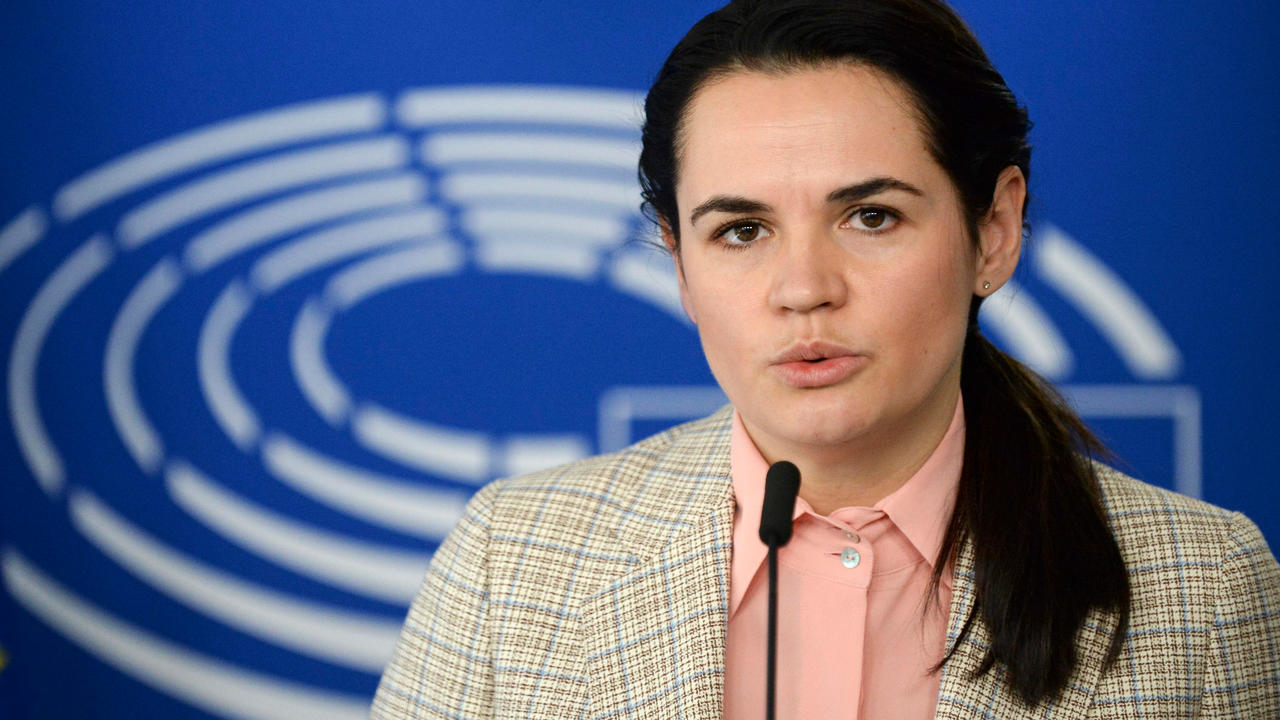Frugal four take on France and Germany as coronavirus recovery plan divides EU

The EU Commission is set to unveil a new EU budget and recovery fund to help European countries bounce back from the pandemic.
Battle lines are being drawn between national capitals over how to finance the recovery. In particular, how to raise credit and what strings are attached for repayment. The conflict pits a Franco-German plan laid out by Germany’s Merkel and France’s Macron against an alternative approach from the group of nations known as The Frugal Four.
[contfnewc]
[contfnewc]
[contfnewc]
The Macron/Merkel meisterwerk
The pot in the Franco-German proposal should include a mixture of grants, loans and guarantees. For part of the funding, the Commission will seek to use the long-term budget (MFF) as a security to borrow money on the markets.
In terms of size, figures of between one and two trillion euros have been touted for the entire recovery package (including both the budget and recovery fund), while the French President and German Chancellor wanted to recovery fund counting 500 billion euros.
“The Parliament has been clear what we need is a two trillion recovery plan, of which the majority would be public investments and that has to be funded in common at European level. In other terms if you let member states face the slump on their own, basically it will great tensions within the Eurozone, that may lead of the monetary union,” Greens co-leader Philippe Lamberts told Euronews.
The aim is to have the cash flow by 2021, with the EU budget front-loaded for payouts in the first two years.
[contfnewc]
While EU countries receive grants from the EU budget, not all member states or MEPs agree on where the money should be spent.
“Here in the Netherlands, per capita we are the largest net payers for years, and the purchase power in the Netherlands is also lower than northern Italy so, what do they expect from this,” asks Dutch MEP Robert Roos. “I think we can go on this way. And you need money, but they is money and they want it for free, and free money doesnt exist and thats the problem.”
However painful it may be for EU member states to accept some debt, some feel it is inevitable.
“We are in a new situation, we are facing the deepest crisis since the Second World War and that means again that the only solution is now to invest. I hate debt, I tell you, I hate to have additional debts for the future but I dont see any realistic alternative for investing now into the economy for recusing our strong business sector,” Manfred Weber MEP, Chair, European Peoples Party told Euronews.
The alternative arrangement
The Frugal Four are Austria, Sweden, Denmark and the Netherlands. They announced their counter-proposal at the weekend, binning the idea of debt-pooling and long-term MFF increases.
Sweden’s Finance Minister Magdalena Andersson told Euronews that while the EU has a role to play in restarting the economy she said the recovery fund must be ‘realistic when it comes to size, timing but also under what conditions.’
MEPs issued a statement last week threatening to veto the Commission’s budget, saying that they play a key role in the democratic decision-making. Speaking to Euronews, the leader of the Socialists and Democrats in the European Parliament, Iraxte Garcia Perez argued that divisions between EU countries must be set aside.
“This is a crucial issue: either we get out of this crisis together or Europe won’t get out of this crisis at all. This is a message that some national governments must understand perfectly. Because it is not only a matter of solidarity, it is a matter of how we can survive and make sustainable the internal market and the very existence of the euro.”
One element which is also proving controversial is how far the bloc will get member states to link funding to green goals. The Commission had already announced that its budget should live up the goals of the Green Deal, and making the EU carbon neutral by 2050.
[contfnewc]
[contfnewc]
[contfnewc]
[contfnewc]

















